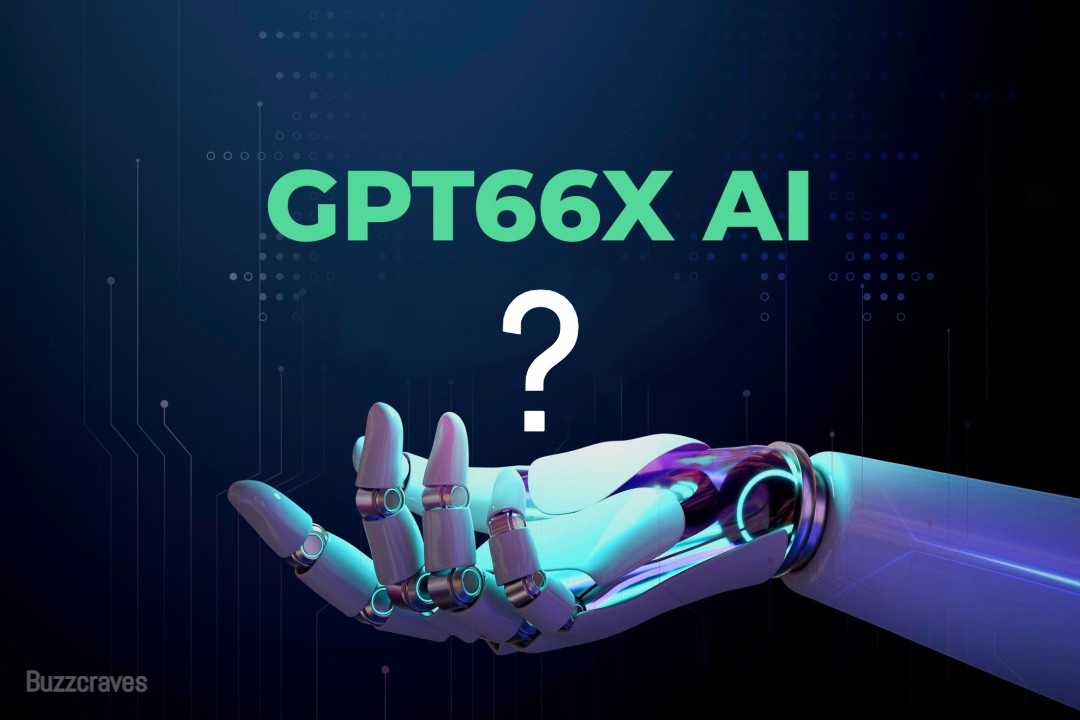In the rapidly changing landscape of technology, artificial intelligence (AI) has emerged as a powerful force, reshaping industries and influencing how we engage with the world. This transformation extends to the field of writing, where the introduction of GPT-66X, an innovative language processing advancement, is heralding a new era in content creation and consumption. This blog explores the future of writing, unraveling the capabilities and impacts of GPT-66X technology.
Understanding GPT-66X:
Defining GPT-66X: GPT-66X, an extension of the GPT-3.5 architecture, signifies a pinnacle in natural language processing. Developed by OpenAI, it stands for “Generative Pre-trained Transformer with 66 times the capacity.” This substantial increase in capacity empowers GPT-66X to comprehend, generate, and manipulate human-like text at an unparalleled level, revolutionizing the writing landscape.
1. Enhanced Language Understanding: GPT-66X boasts a sophisticated neural network that comprehends context, nuance, and language subtleties with remarkable precision. Trained on a diverse dataset, it adapts to various writing styles, tones, and subjects, paving the way for more coherent and engaging content.
2. Creative Content Generation: A standout feature of GPT-66X is its capacity to generate creative content across genres, blurring the line between human and machine-generated content. This creativity extends to crafting narratives, generating poetry, and producing marketing copy, offering new possibilities for creative industries.
3. Multimodal Capabilities: GPT-66X goes beyond text, integrating multimodal capabilities to process and generate content across different mediums, including images and videos. This integration enhances the model’s ability to understand and respond to a broader spectrum of user inputs, creating a more immersive writing experience.
The Implications for Content Creation:
1. Efficiency and Productivity: GPT-66X’s advanced language understanding and content generation capabilities enhance efficiency and productivity for writers. It assists in brainstorming ideas, generating drafts, and refining writing styles, allowing creators to focus on higher-order tasks.
2. Automated Copywriting and Marketing: In digital marketing, GPT-66X has the potential to revolutionize automated copywriting. Understanding consumer behavior, it can craft compelling product descriptions and personalized marketing messages, streamlining marketing processes.
3. Human-AI Collaboration: Rather than replacing humans, GPT-66X becomes a collaborator, helping writers enhance their work. This collaborative approach fosters synergy between human creativity and AI efficiency, transcending limitations and producing enriched content.
Ethical Considerations and Challenges:
1. Bias and Fairness: The extensive training data may introduce biases. Addressing and mitigating bias is crucial for equitable representation. Ongoing efforts in refining training datasets and implementing bias-detection mechanisms are essential.
2. Quality Control: Ensuring the quality and accuracy of generated content remains a challenge. Robust quality control mechanisms, including human oversight and review processes, are vital to prevent misinformation.
3. Privacy Concerns: Multimodal capabilities raise privacy concerns, especially with sensitive information. Balancing AI benefits and user privacy requires careful consideration and robust data protection measures.
Conclusion:
In the wake of revolutionary advancements in GPT-66X technology, the future of writing unfolds with immense potential and responsibilities. Embracing this technology with a conscious and ethical approach will redefine the relationship between humans and technology in the creative domain, paving the way for a literary landscape that seamlessly blends human ingenuity with artificial intelligence.



